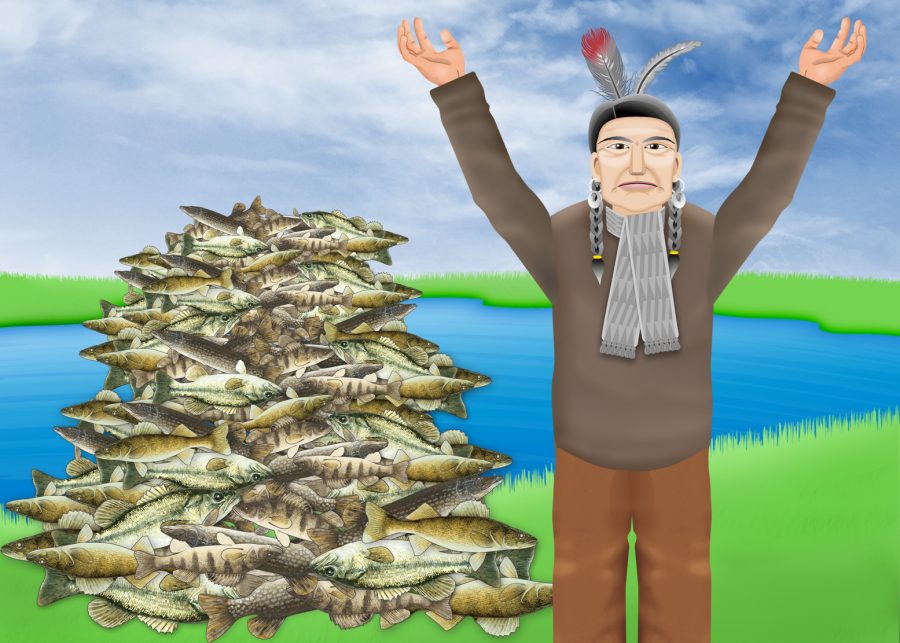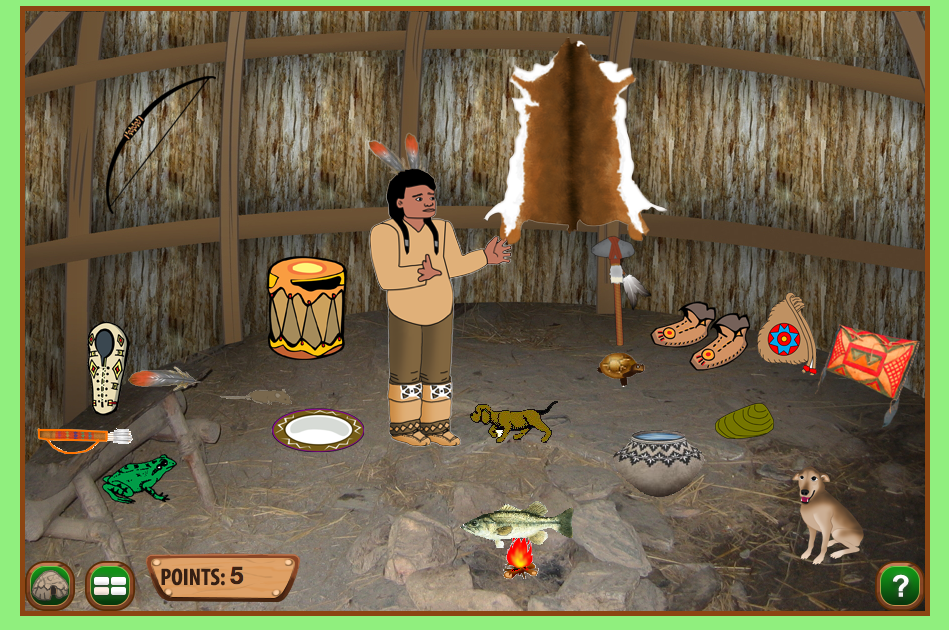Growing up you’re taught of this wonderful American holiday known as Thanksgiving. It’s a time where you gather with your loved ones and give thanks for all you have and indulge in a bountiful feast. You’re also taught about this wonderful American story of how Thanksgiving began. In short, you’re told the Pilgrims arrived at Plymouth Rock, the Wampanoags helped them get through winter and establish themselves, and after a successful harvest the following year they all sat at a table and broke bread. But, as many of us now know, the history between Native Americans and settlers isn’t the most positive one. (Please consider that our submission for understatement of the millennium.) As such, we at 7 Generation Games offer some helpful dos and don’ts about Thanksgiving.

DO: Explain Mixed Feelings
Many Native Americans and (even non-Native Americans) feel torn about Thanksgiving. They feel as if it marks the beginning of a very long and painful part of their history. They are thankful for their blessings despite their struggles. For example, the Ojibwe from our Fish Lake game, begin prayers with “migwiich”- a thank you. But, that doesn’t mean that the history tied to Thanksgiving isn’t incredibly painful, or that they all celebrate it. Some groups of Native Americans and supporters even gather at Plymouth Rock in protest on the same day as Thanksgiving and hold a National Day of Mourning.

DON’T: Perpetuate Stereotypes
Dressing up as Pilgrims and Native Americans is NOT OK. Again, as cute as the idea may sound, everyone dressing up is NOT GOOD. Why? It plants a seed in the minds of children of what Native Americans “looked like,” which is incredibly damaging to the perception of contemporary Native Americans. Unfortunately, many times students don’t remember or aren’t taught much about Native Americans beyond “Pilgrims and Indians.” You end up turning real human beings into a costume and give students the idea that Native peoples no longer exist.
Better idea: Why not invite someone who actually is Native American to the classroom and talk about their experience and culture? In our games, we make sure that our portrayals of Native culture are accurate and authentic. No good has ever come from reinforcing racist stereotypes.
DO: Expand the Conversation
Native Americans have played a role in our nation far beyond the history of Thanksgiving. They have especially made huge contributions to our military. Native Americans’ traditional worldviews are grounded in a recognition of the interrelationship among humans, animals, plants, water, winds, sky, and earth. Explain that there are many different Native American cultures and make up about 2% of the U.S. population.
DON’T: Focus Solely on the Past
Not too long ago, there was a huge battle regarding the Dakota Access Pipeline and it potentially destroying sacred Native American land. The Standing Rock Sioux tribe along with others protested for months. As a matter of fact, on Thanksgiving Day in 2016 a delegation of over 50 people from across the country cooked and served dinner for 500 Water Protectors at Standing Rock, ND. Even now, two years later, Water Protectors are still dealing with the aftermath of standing up for what they believe in.
Sean Sherman, the Founder and CEO of The Sioux Chef, writes, “There is no need to make Thanksgiving about a false past. It is so much better when it celebrates the beauty of the present.” He writes that doing that can be achieved through food and understanding true Native American histories.
___________________________________________________

